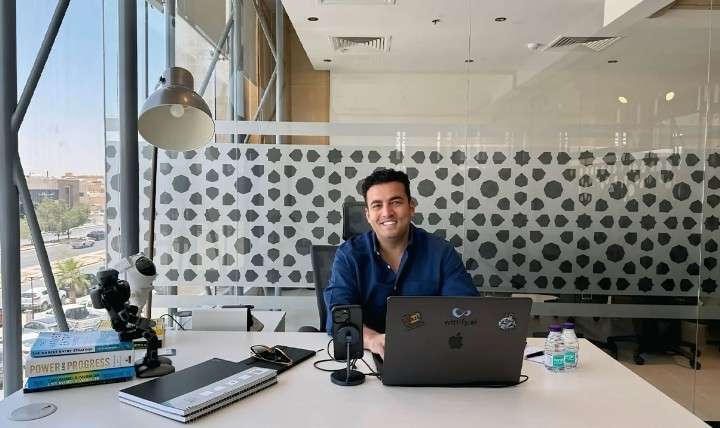Saudi-based startup Wittify.ai has raised $1.5 million in pre-seed funding to develop a culturally intelligent, Arabic-first conversational AI platform aimed at transforming digital communication in the Arab world.
The funding, led by undisclosed investors and backed by accelerators such as STC’s inspireU, Misk Entrepreneurship x Plug, Play, and TikTok x Blossom Accelerator, will fuel product development and regional expansion.
Officially founded in 2024 by Nader El-Batrawi and Dr. Sarah AlHumoud, Wittify has launched a beta version of its platform, enabling businesses to create voice, text, or multimodal (voice + text) AI agents for seamless use across websites, call centers, CRM (Consumers Relationship Management) systems, and social channels.
The startup also announced plans to scale globally while supporting over 25 Arabic dialects with advanced Automatic Speech Recognition (ASR), and Text-to-Speech (TTS) technologies, emphasizing a more natural, human-like engagement.
Why Arabic-First AI Matters
Despite Arabic being the fifth most spoken language in the world, with over 400 million native and second-language speakers, it remains vastly underrepresented in mainstream AI development.
Wittify.ai addresses this gap by focusing exclusively on Arabic’s linguistic depth and cultural nuances, which are often overlooked by global AI giants.
“Arabic is not just one language; it’s a rich collection of dialects and regional expressions that need tailored AI solutions,” said Dr. Sarah AlHumoud, Wittify’s co-founder.
In regions where digital services are rapidly expanding, localized AI will be crucial for governments, banks, healthcare providers, and e-commerce platforms aiming to offer truly inclusive customer experiences.
What Sets Wittify Apart
While many companies rely on translating English-based AI into Arabic, Wittify builds its systems natively in Arabic, engineered from the ground up for Arabic logic, grammar, and dialectal variation.
Its proprietary ASR and TTS tools are trained on region-specific data to ensure more accurate recognition and response. The platform’s multimodal functionality allows users to switch effortlessly between voice and text, a feature increasingly in demand across Gulf tech ecosystems.
Unlike Western AI platforms that often struggle with dialectal Arabic, Wittify supports widely spoken forms like Egyptian, Levantine, Gulf, and Maghrebi, among others.
“We don’t just want the AI to translate words, we want it to understand and belong,” said CEO Nader El-Batrawi.
Eyes on Regional Growth and Global Reach
Though headquartered in Riyadh, Wittify has already established operational offices in Dubai and Cairo, positioning itself as a regional AI powerhouse.
The newly secured funding will help scale operations across the MENA region while exploring future integration with global platforms.
With the global conversational AI market projected to reach $47.6 billion by 2030, Wittify’s Arabic-first approach may give it a significant edge in a largely untapped market.
The company says its next steps will include onboarding regional enterprises and expanding its beta rollout to sectors like finance, education, and customer service by early 2026.
Talking Points
Wittify.ai’s $1.5 million raise represents a vital shift in the Arabic AI space, as it pioneers a conversational platform built natively for Arabic speakers, a market long underserved by global AI tools.
Unlike many translation-dependent solutions, Wittify focuses on building Arabic-first ASR and TTS technologies that understand over 25 dialects with cultural and linguistic intelligence.
This sets it apart in sectors like customer service, e-commerce, and digital governance across MENA. Similar players like Arabot, Mozn, and Botme also offer Arabic AI services, but Wittify’s deep focus on natural, human-like interaction positions it as a potential category leader.
If it can scale while maintaining dialectal accuracy and regional nuance, Wittify could redefine how AI engages with the Arabic-speaking world, and serve as a model for inclusive AI innovation globally.





